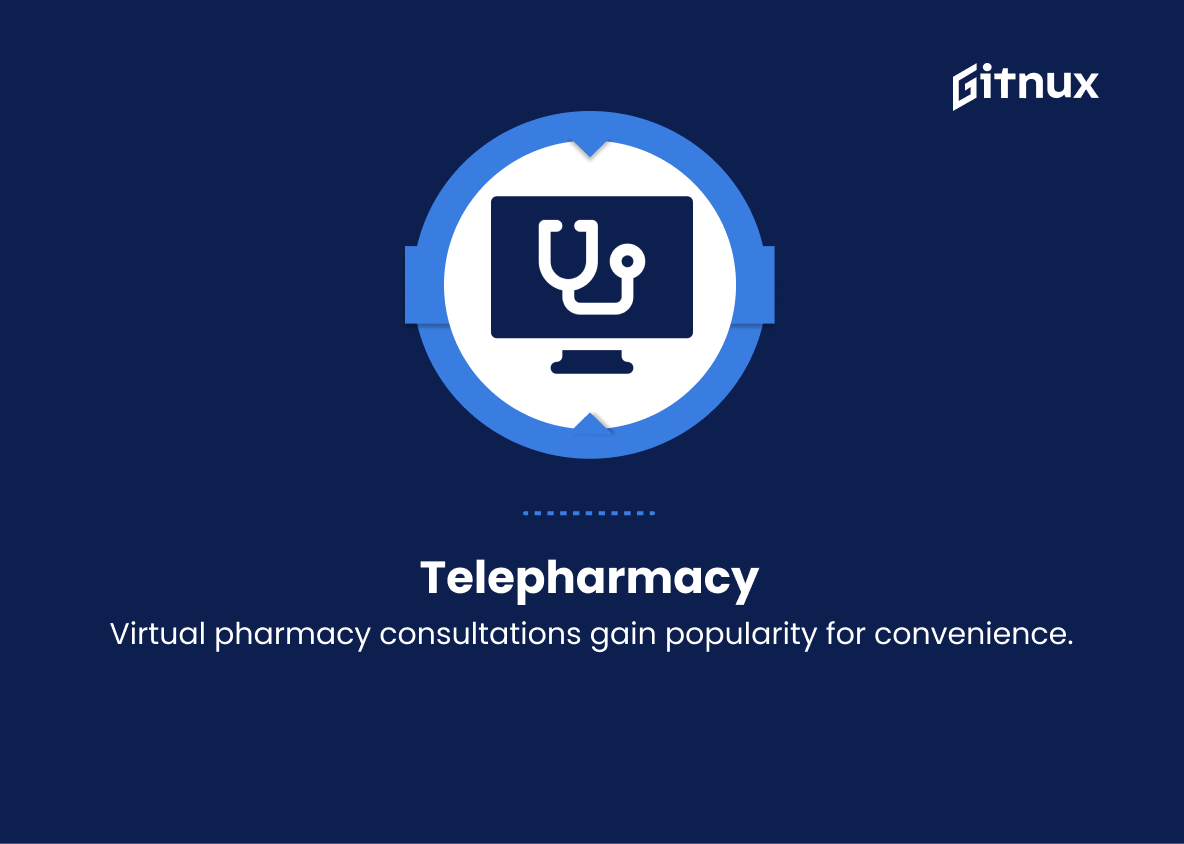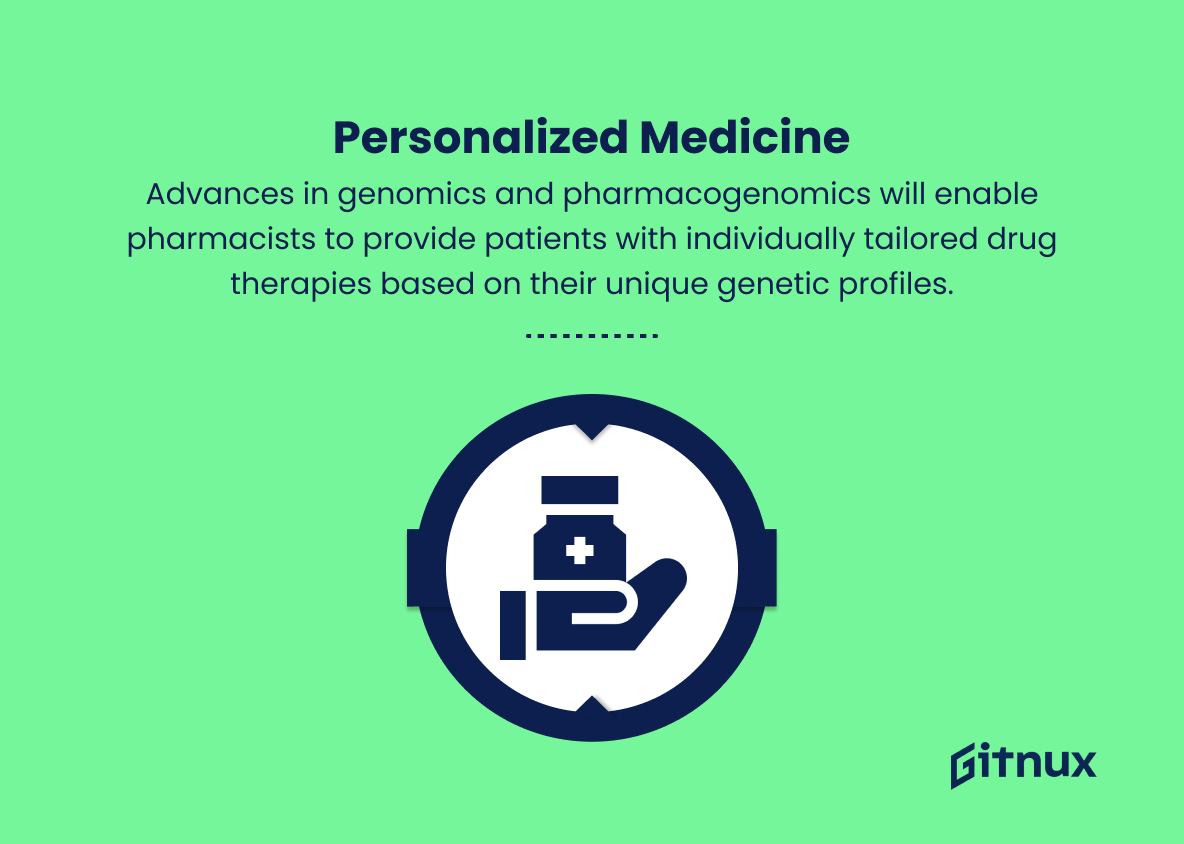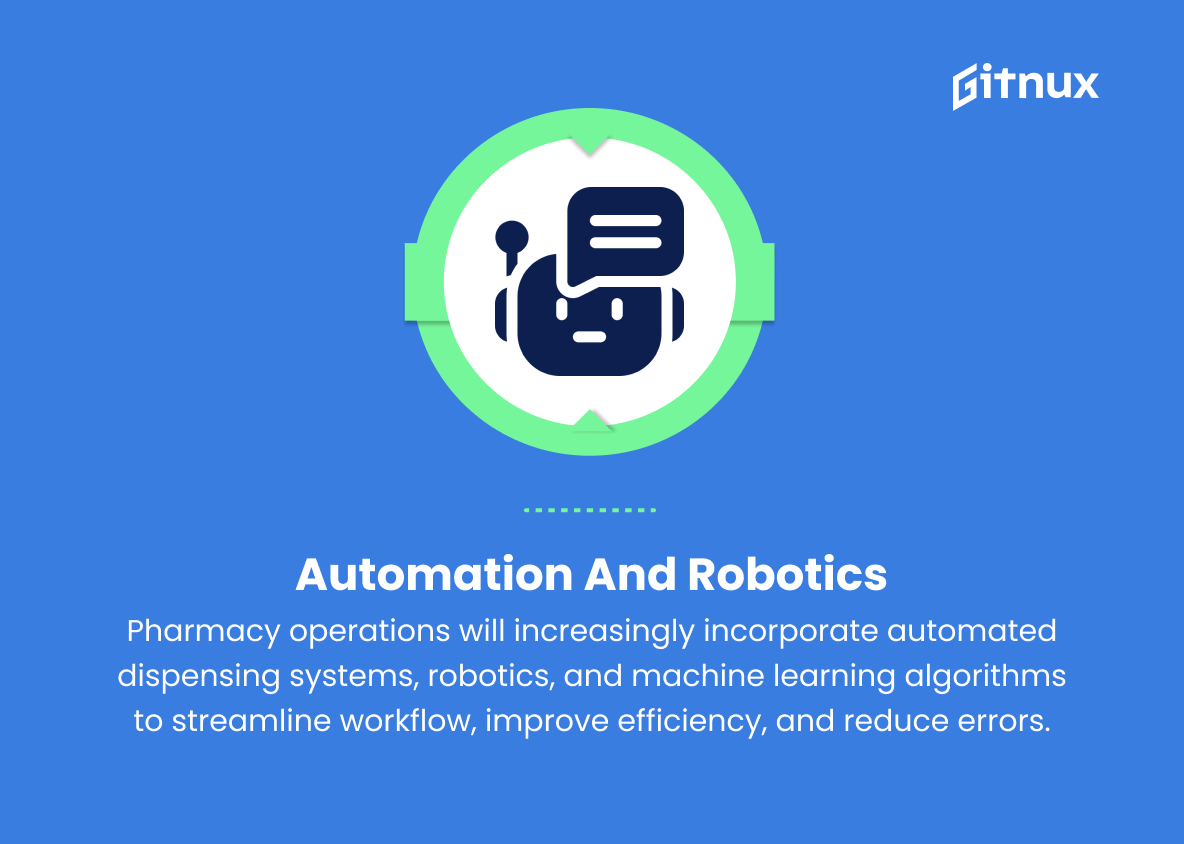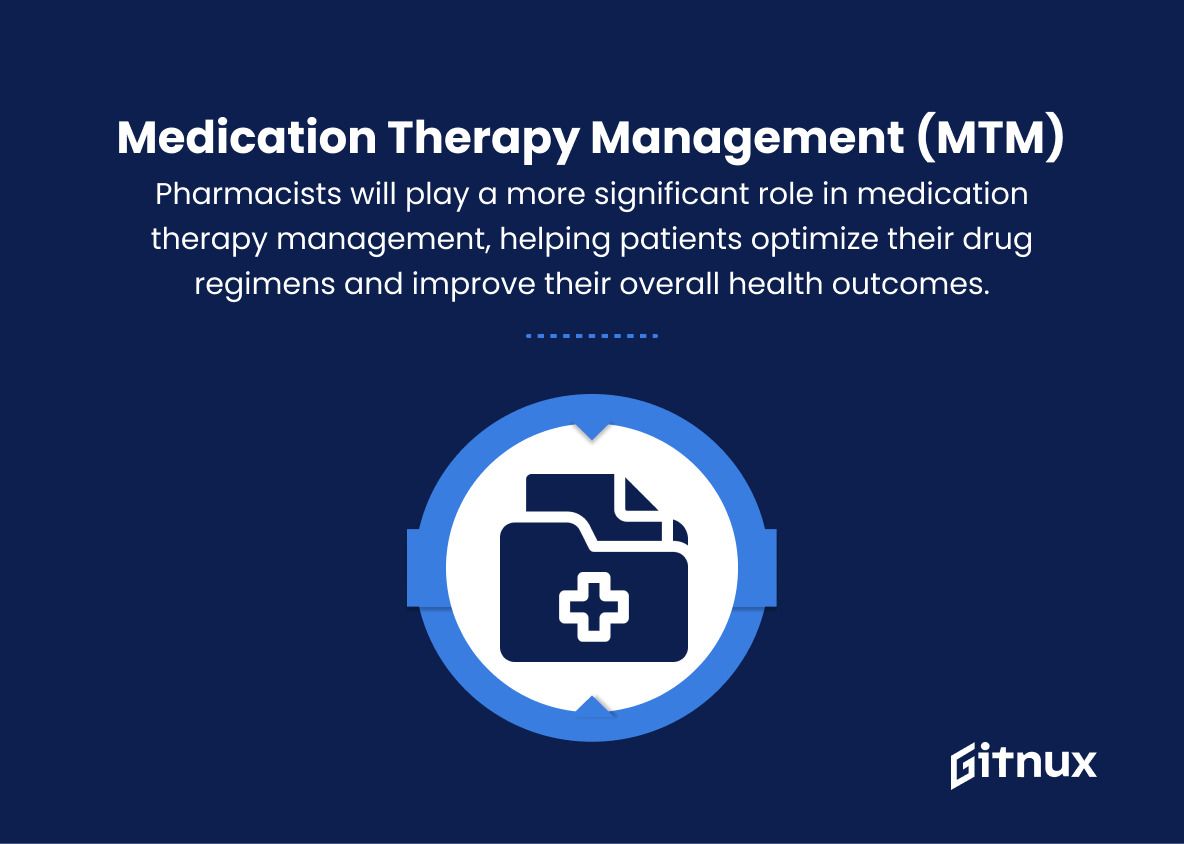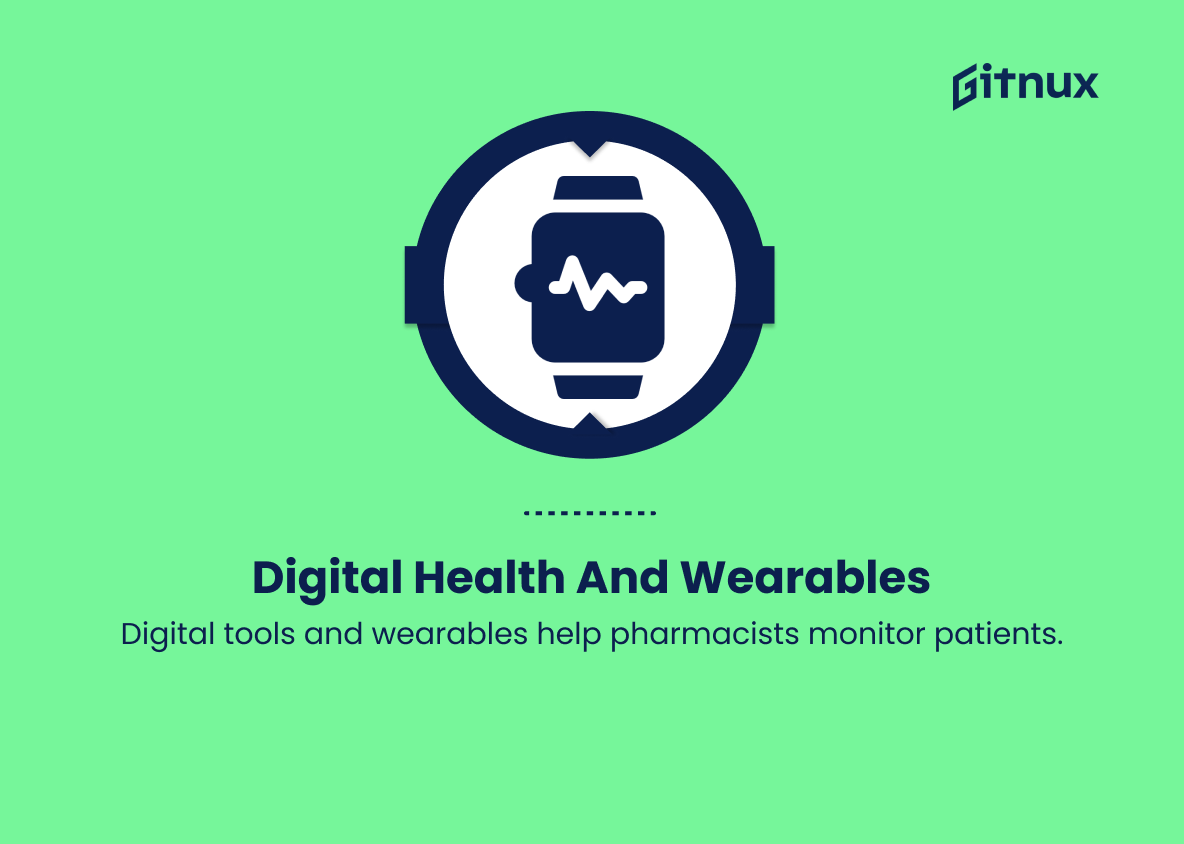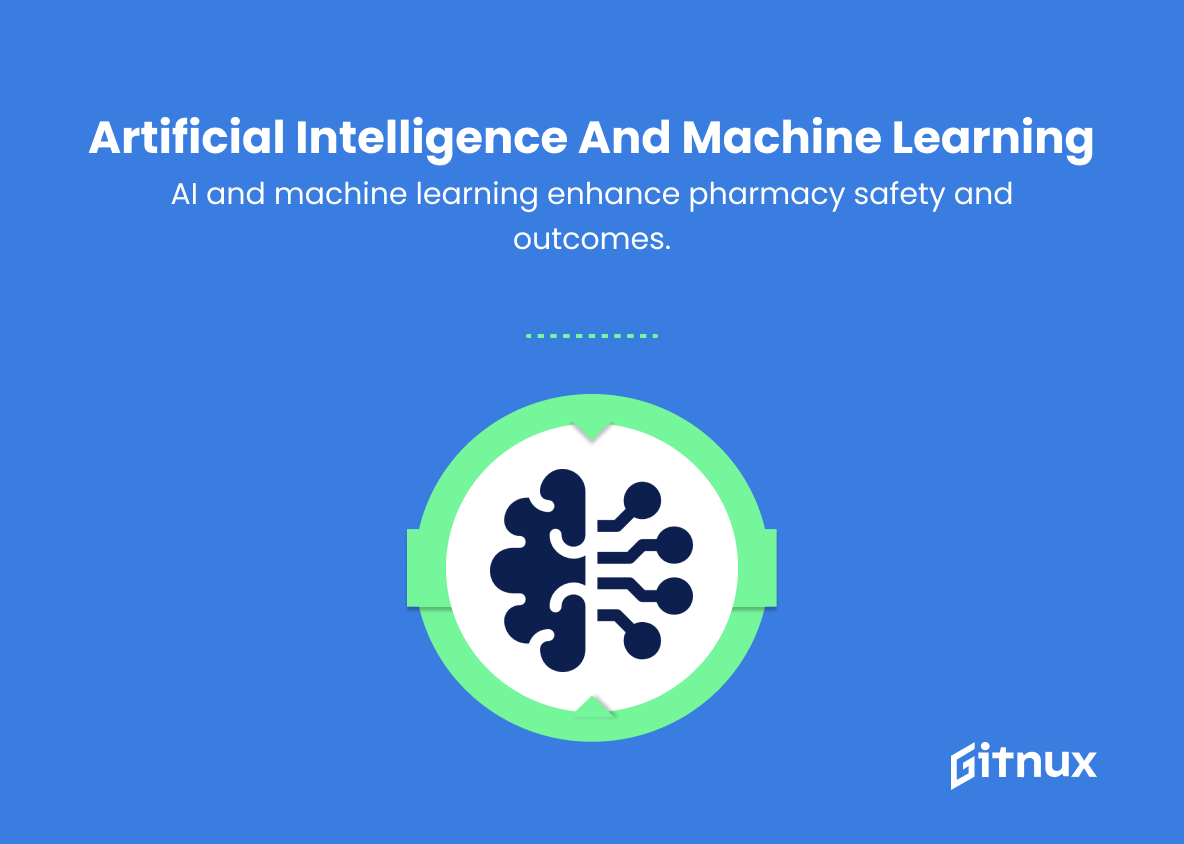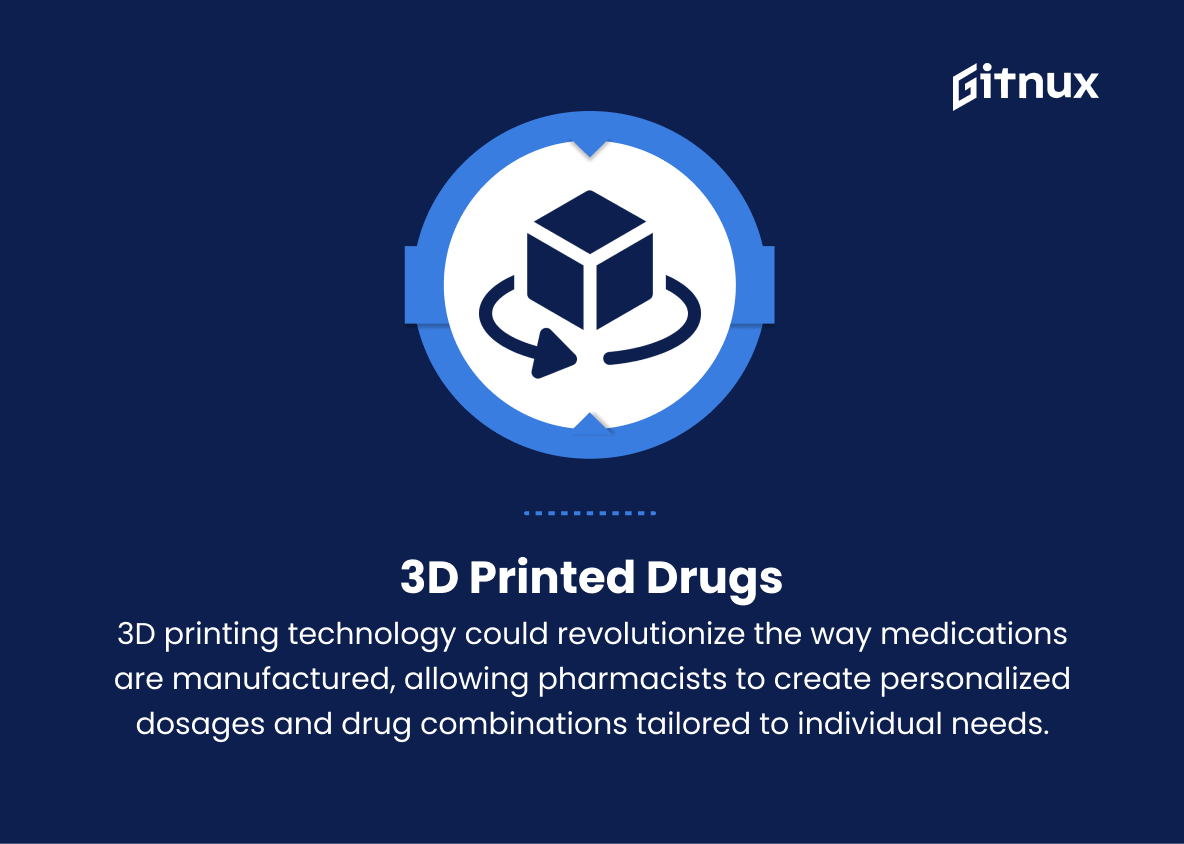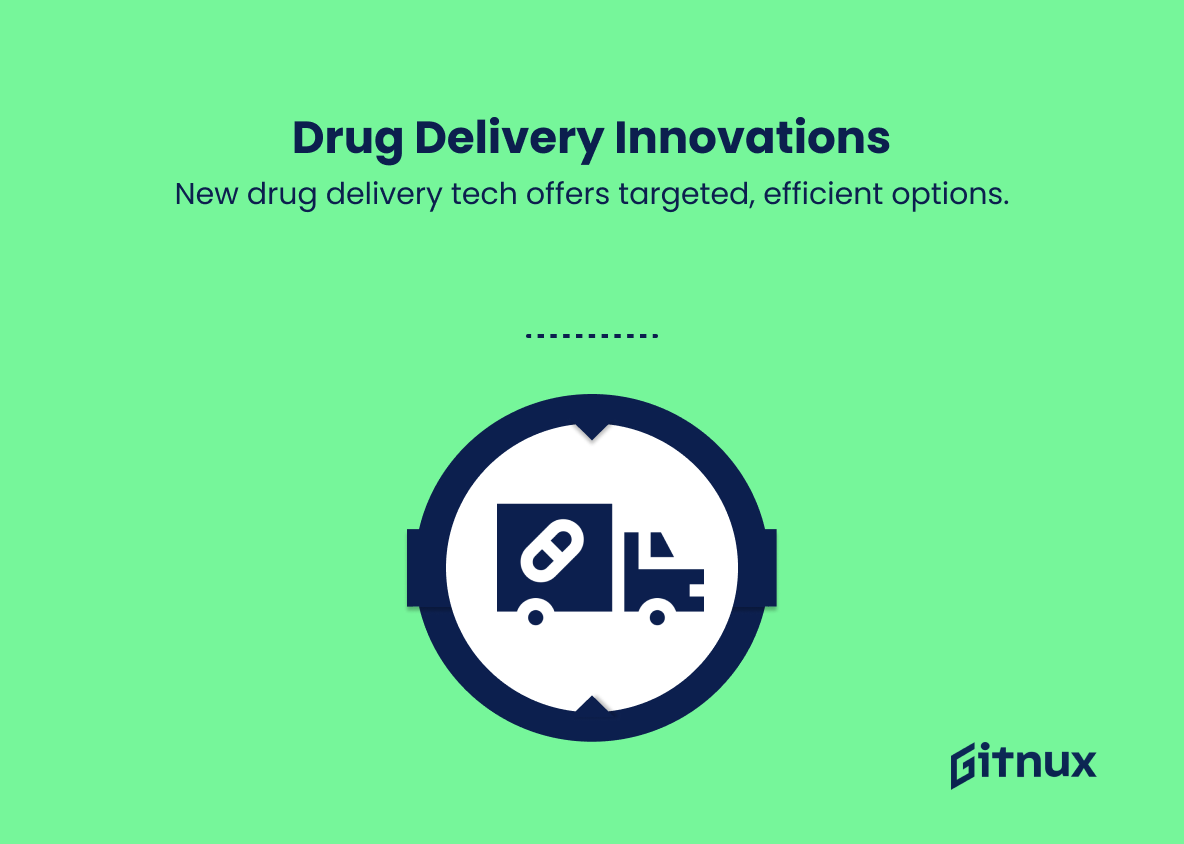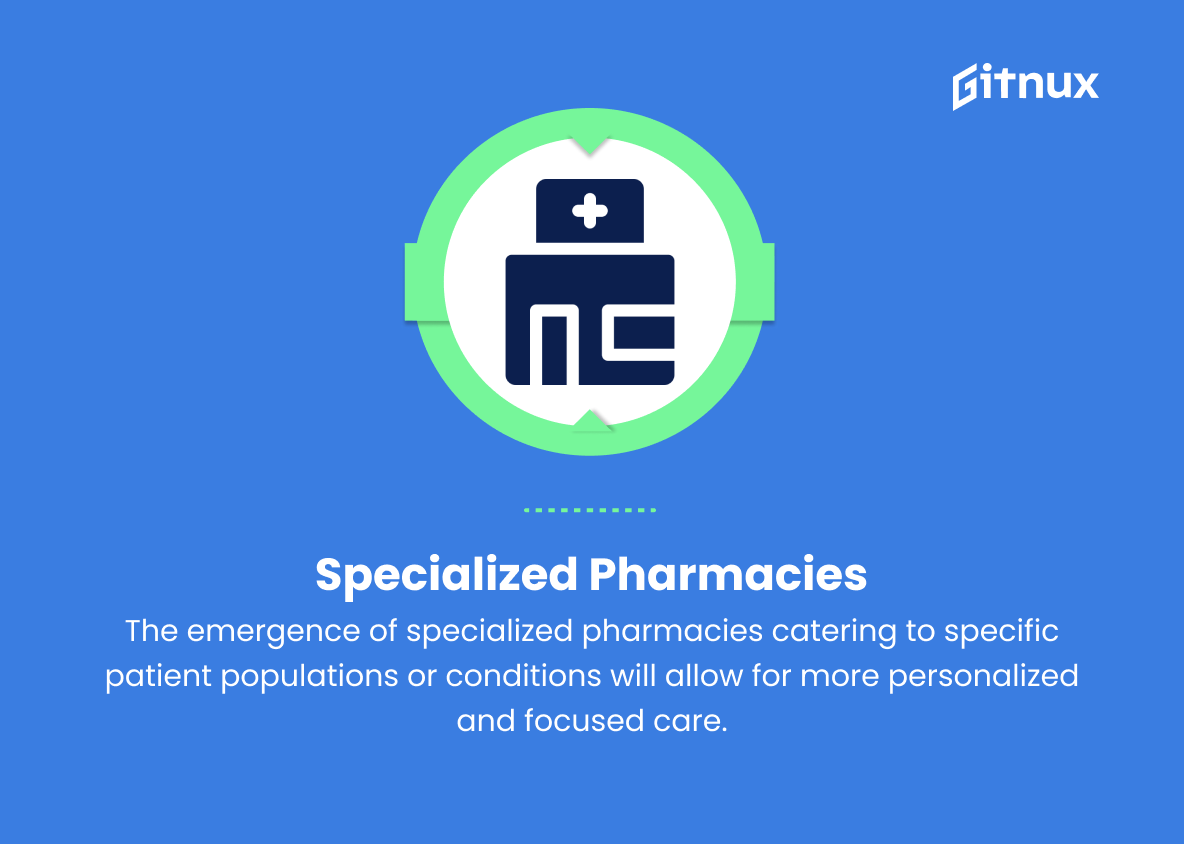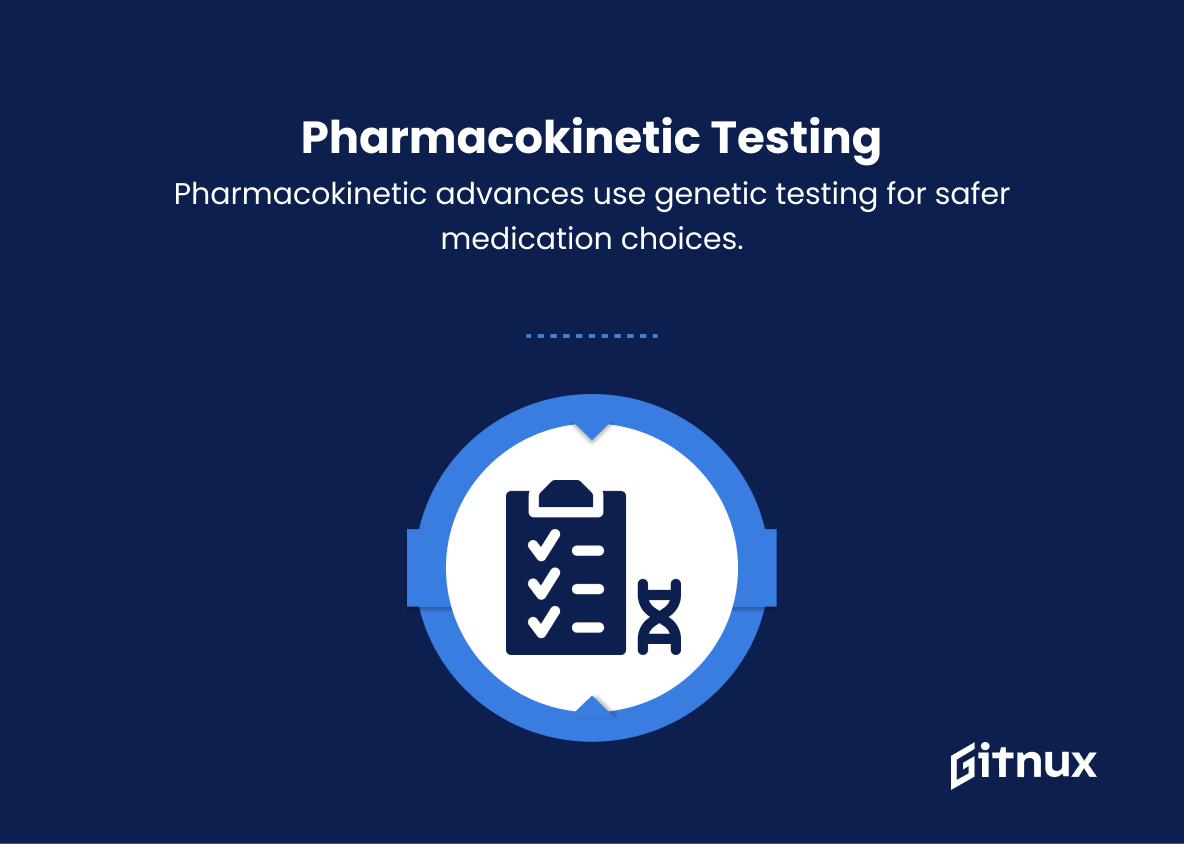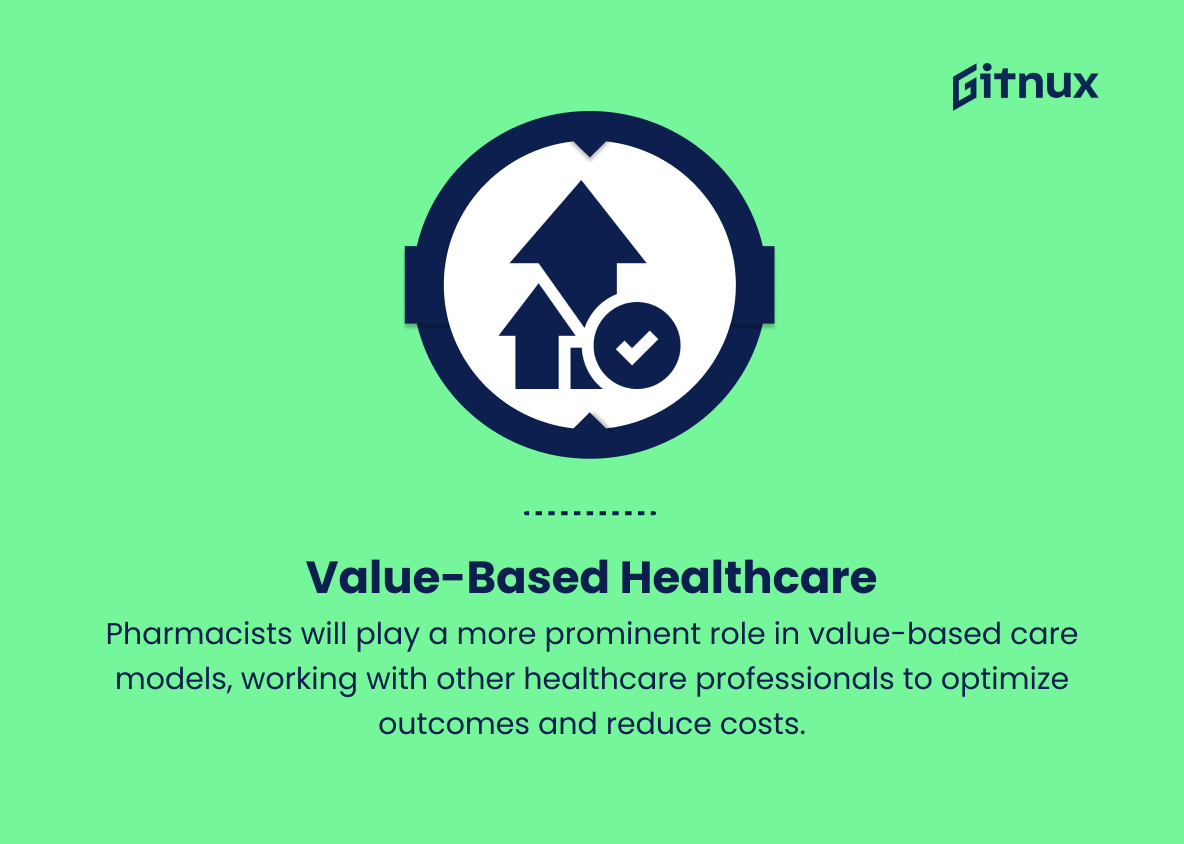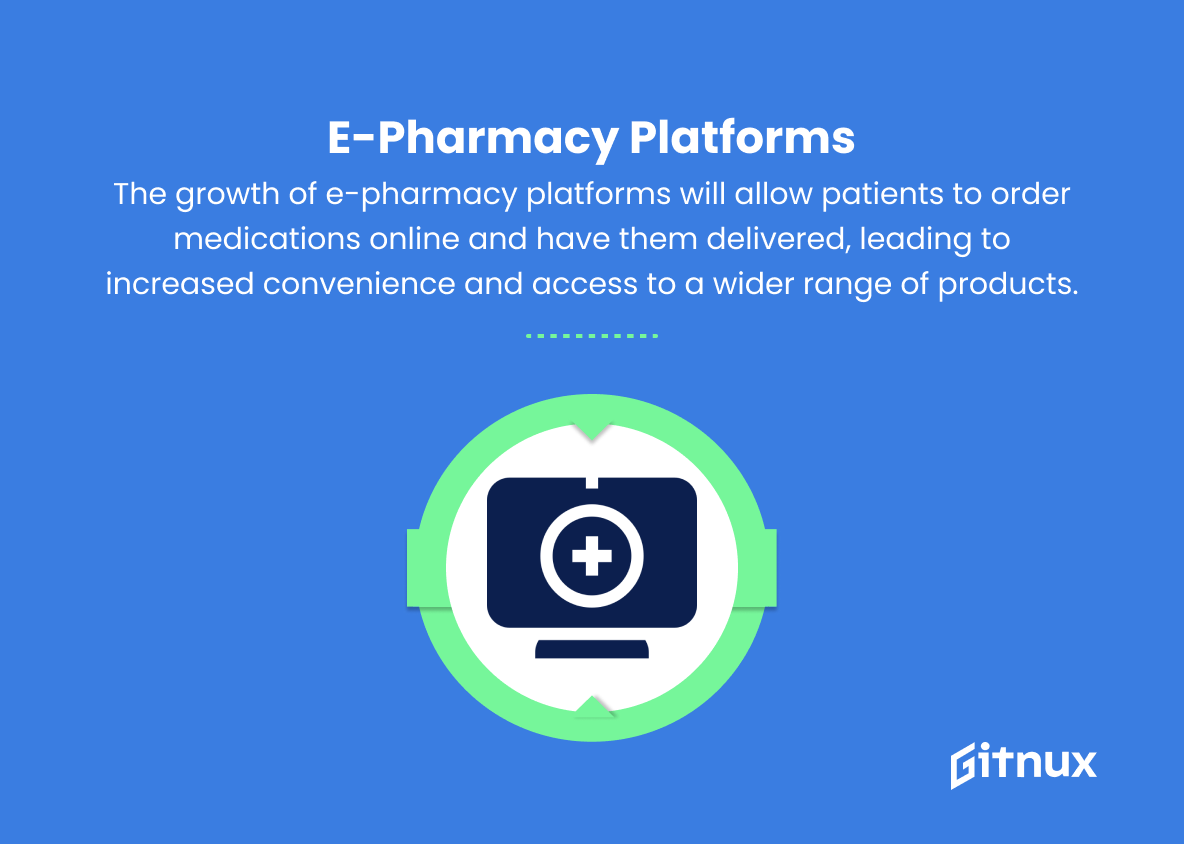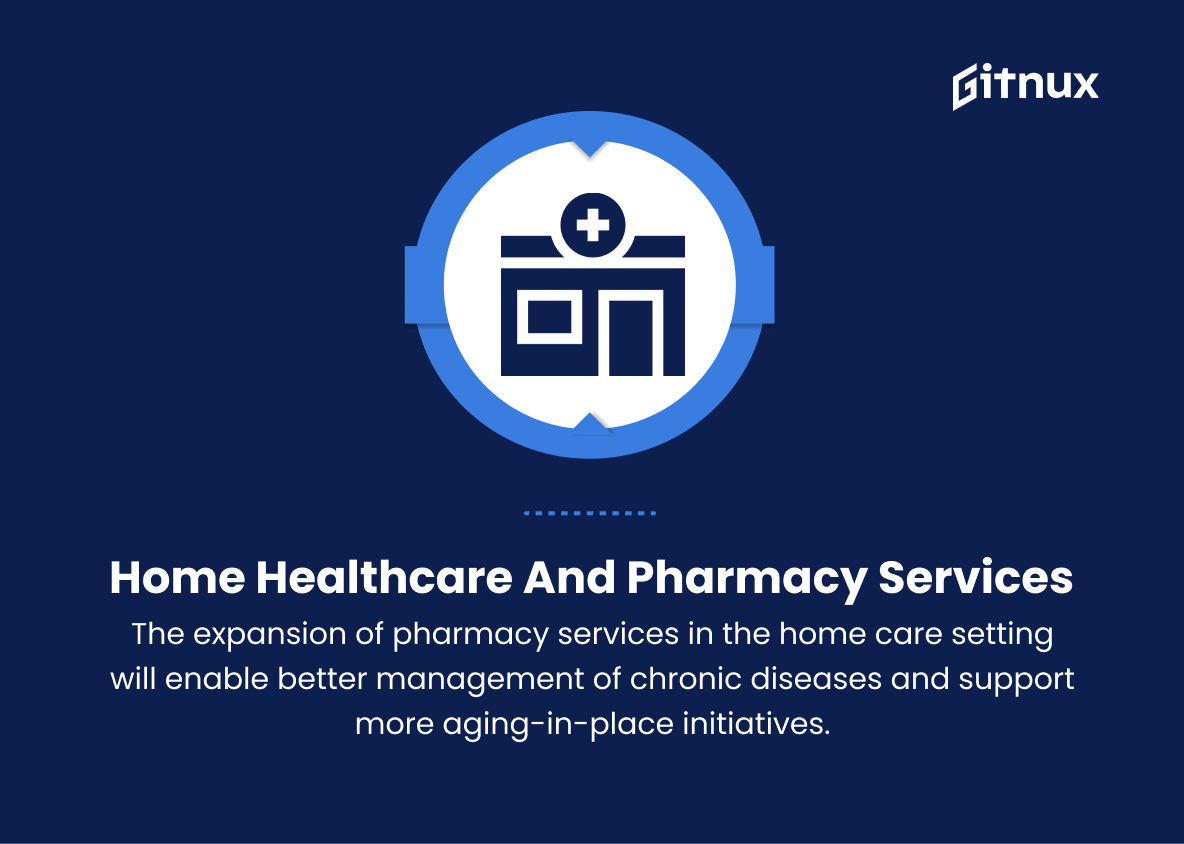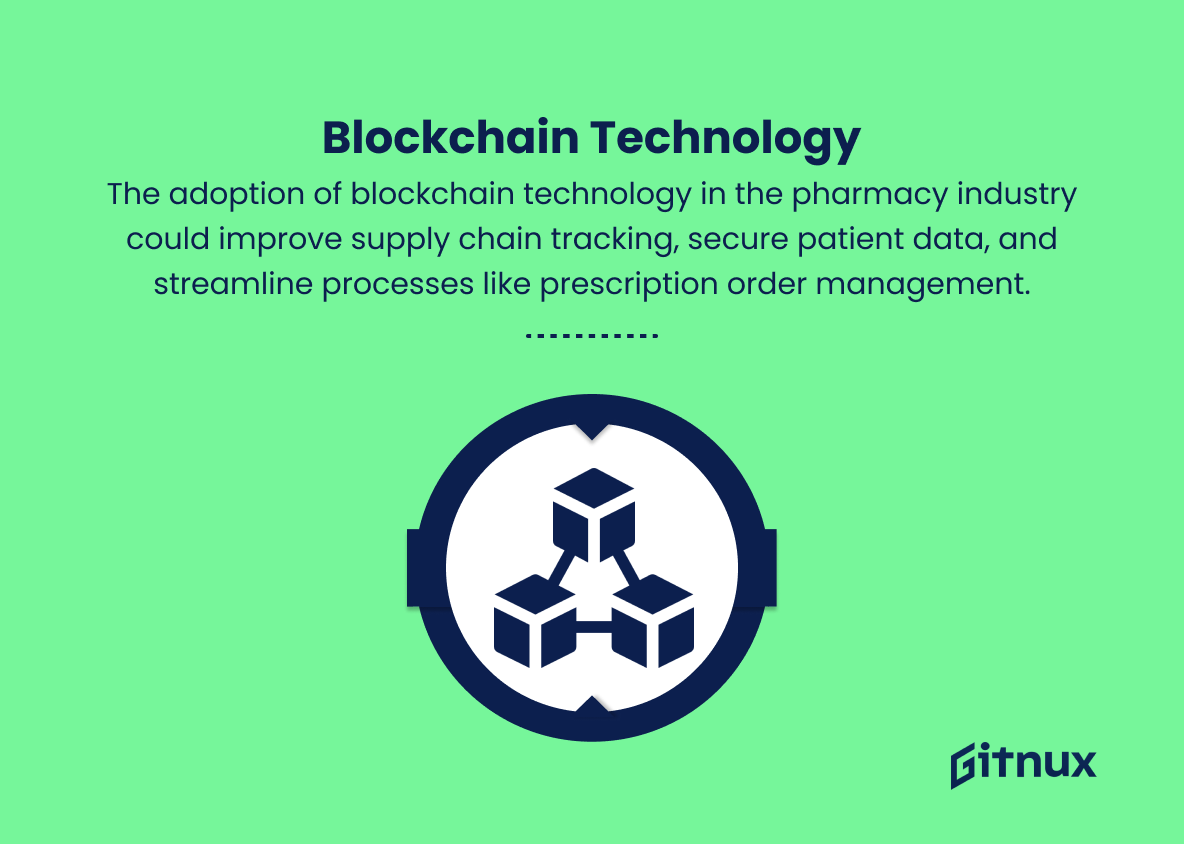As the world of healthcare continually evolves and faces unprecedented challenges, the pharmacy industry is also experiencing significant transformations that are expected to shape its future direction. Our blog post, “Pharmacy Trends,” delves deep into these critical developments, providing valuable insights that enable healthcare professionals, pharmacists, and industry stakeholders to stay informed and better adapt to this rapidly changing landscape.
From innovative technologies to emerging regulations and the crucial role that pharmacies play in patient care, our comprehensive analysis seeks to shed light on the potential opportunities, risks, and responsibilities that lie ahead for the pharmaceutical sector.
Join us, as we examine the key trends that are redefining the role of pharmacies and explore the impact these changes will have on the broader healthcare ecosystem.
Top Pharmacy Trends
1. Telepharmacy
Polypharmacy services which allow for virtual consultations with pharmacists, will become increasingly popular, making it more convenient for busy consumers and people living in remote areas to access pharmaceutical care.
2. Personalized medicine
Advances in genomics and pharmacogenomics will enable pharmacists to provide patients with individually tailored drug therapies based on their unique genetic profiles.
3. Automation and robotics
Pharmacy operations will increasingly incorporate automated dispensing systems, robotics, and machine learning algorithms to streamline workflow, improve efficiency, and reduce errors.
4. Medication therapy management (MTM)
Pharmacists will play a more significant role in medication therapy management, helping patients optimize their drug regimens and improve their overall health outcomes.
5. Digital health and wearables
The integration of digital health tools and wearable devices will enable pharmacists to monitor patients more closely and offer real-time recommendations and interventions based on patient data.
6. Artificial intelligence and machine learning
The adoption of AI and machine learning technologies in the pharmacy industry will help identify drug interactions, dosage errors, and potential adverse drug reactions, leading to improved patient safety and outcomes.
7. 3D printed drugs
3D printing technology could revolutionize the way medications are manufactured, allowing pharmacists to create personalized dosages and drug combinations tailored to individual needs.
8. Drug delivery innovations
Novel drug delivery systems, such as nanoparticles, patches, and implantable devices, will change the way medications are administered, offering more targeted, efficient, and convenient options for patients.
9. Specialized pharmacies
The emergence of specialized pharmacies catering to specific patient populations or conditions will allow for more personalized and focused care.
10. Pharmacokinetic testing
Advancements in pharmacokinetics will enable pharmacists to utilize genetic testing to predict how patients may respond to specific medications, leading to better therapeutic choices and minimizing potential adverse reactions.
11. Value-based healthcare
Pharmacists will play a more prominent role in value-based care models, working with other healthcare professionals to optimize outcomes and reduce costs.
12. E-pharmacy platforms
The growth of e-pharmacy platforms will allow patients to order medications online and have them delivered, leading to increased convenience and access to a wider range of products.
13. Home healthcare and pharmacy services
The expansion of pharmacy services in the home care setting will enable better management of chronic diseases and support more aging-in-place initiatives.
14. Blockchain technology
The adoption of blockchain technology in the pharmacy industry could improve supply chain tracking, secure patient data, and streamline processes like prescription order management.
15. Environmental sustainability
The implementation of eco-friendly practices in pharmacies will reduce waste, encourage the use of reusable packaging, and promote the responsible disposal and recycling of medications.
Implications
The future of pharmacy will be shaped by various significant trends that are expected to revolutionize the industry and have far-reaching implications for patients and healthcare professionals alike. Polypharmacy services will make pharmaceutical care more accessible for busy consumers and remote populations, while personalized medicine, enabled by advancements in genomics and pharmacogenomics, will allow pharmacists to deliver tailored drug therapies based on patients’ unique genetic profiles. Automation, robotics, and machine learning will streamline pharmacy operations, improve efficiency, and reduce errors.
This will enable pharmacists to focus on their expanding role in medication therapy management, enhancing overall health outcomes. Digital health tools and wearable devices will offer more precise monitoring of patients, facilitating real-time data-based interventions. Artificial intelligence and machine learning will further improve patient safety by identifying drug interactions, dosage errors, and potential adverse reactions. Moreover, 3D printed drugs and novel drug delivery systems, such as nanoparticles and implantable devices, will allow for more personalized and efficient medication administration.
Specialized pharmacies, pharmacokinetic testing, and value-based healthcare models will contribute to patient-centered care. Online e-pharmacy platforms and home healthcare services will enhance convenience and enable better chronic disease management. Additionally, the adoption of blockchain technology will improve supply chain tracking and security and promote efficient processes in the pharmacy domain. Finally, incorporating environmentally sustainable practices will reduce waste and promote responsible medication use, making the industry more eco-friendly.
Together, these trends will fundamentally reshape the pharmacy landscape, resulting in improved patient experiences, outcomes, and overall well-being.
Conclusion
In conclusion, the world of pharmacy is ever-evolving, with trends consistently shaping and redefining the industry’s landscape. As such, it is crucial for pharmacists, healthcare providers, and other stakeholders to stay informed and embrace these changes to optimize patient care, enhance operational efficiency, and foster collaboration. As we continue to navigate through the digital era, an increased focus on polypharmacy, personalized medicine, and data-driven insights will be paramount to a thriving and adaptive pharmacy practice. By embracing these trends, pharmacists can ensure their relevance in the healthcare community, ultimately contributing to better patient outcomes and a healthier world.
